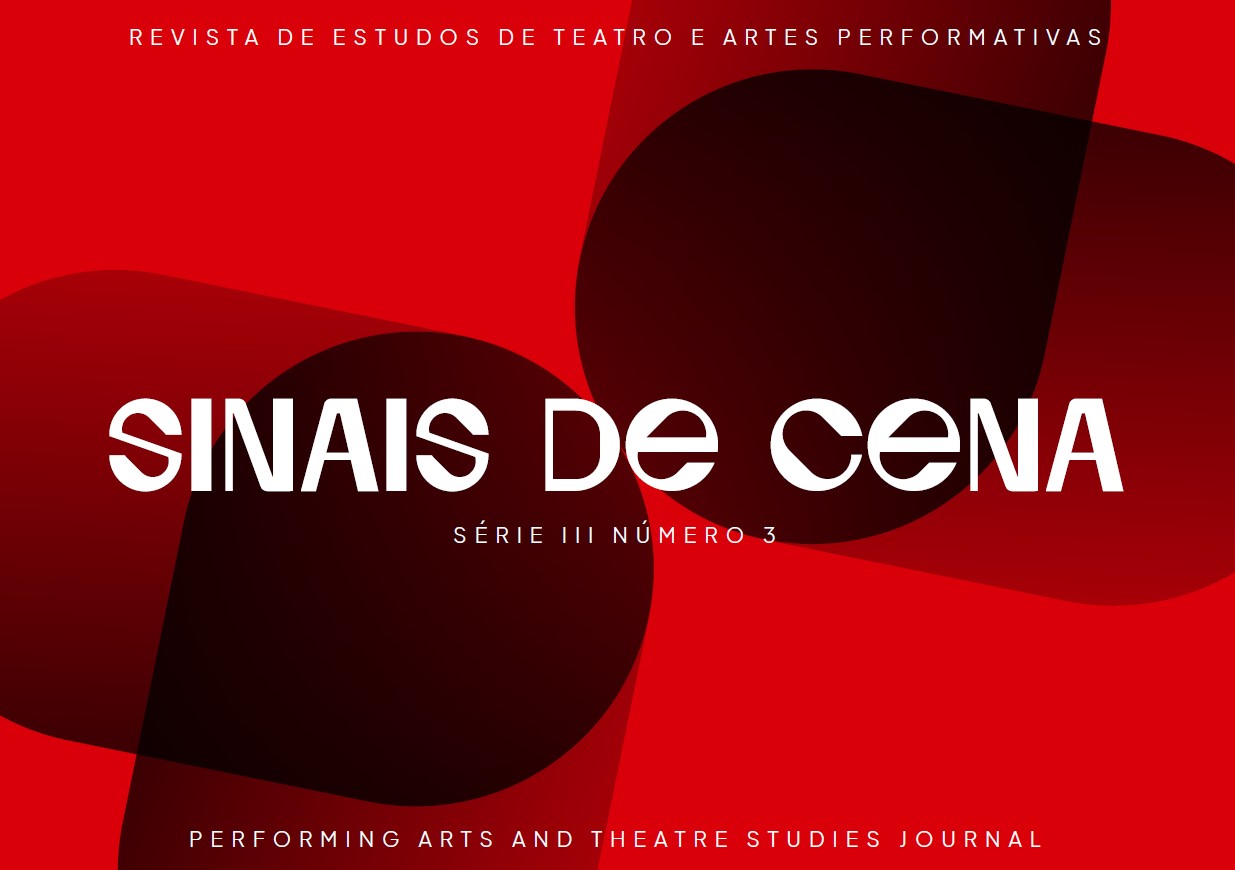Archiving and re-activating Portuguese music-theatre
DOI:
https://doi.org/10.51427/cet.sdc.2024.3.3.4Keywords:
Performance, Re-performance, Music theatre, Historical Archivistic, MusicologyAbstract
Productions belonging to the performative genre of music theatre in Portugal composed since 1970 present numerous challenges with regard to their preservation, especially in the context of the archive. Part of the music theatre documentation is dispersed among various institutions and personal collections. These works are based on idiosyncratic languages and unconventional performative practices, which need to be identified and systematized. It is often necessary to turn to the agents involved in these performances (composers, performers, directors, sound technicians, light designers, among others) to understand aspects of the performance that are intrinsic to the creation process, which cannot be uncovered from the documentation and, also, understand the relationships between the existing documentation. This is the great challenge currently facing musicologists and archivists, and only through collaborative work between these two areas of knowledge will it be possible to archive and reactivate music theatre. In this article, I propose to discuss the concepts of performance and re-performance, from the perspective of Diana Taylor, to understand the feasibility of safeguarding performance in the digital archive.
Downloads
Downloads
Published
How to Cite
Issue
Section
License
Copyright (c) 2024 Ana Filipa Magalhães

This work is licensed under a Creative Commons Attribution-NonCommercial-NoDerivatives 4.0 International License.
Authors who publish in Sinais de Cena will release their contributions under the Creative Commons — Attribution-NonCommercial-NoDerivs 3.0 Portugal — CC BY-NC-ND 3.0 PT: “Licensees may share, copy and distribute the material in any medium or format, under the following terms: 1) You must give appropriate credit, provide a link to the license, and indicate if changes were made. You may do so in any reasonable manner, but not in any way that suggests the licensor endorses you or your use. 2) You may not use the material for commercial purposes. 3) If you remix, transform, or build upon the material, you may not distribute the modified material".











